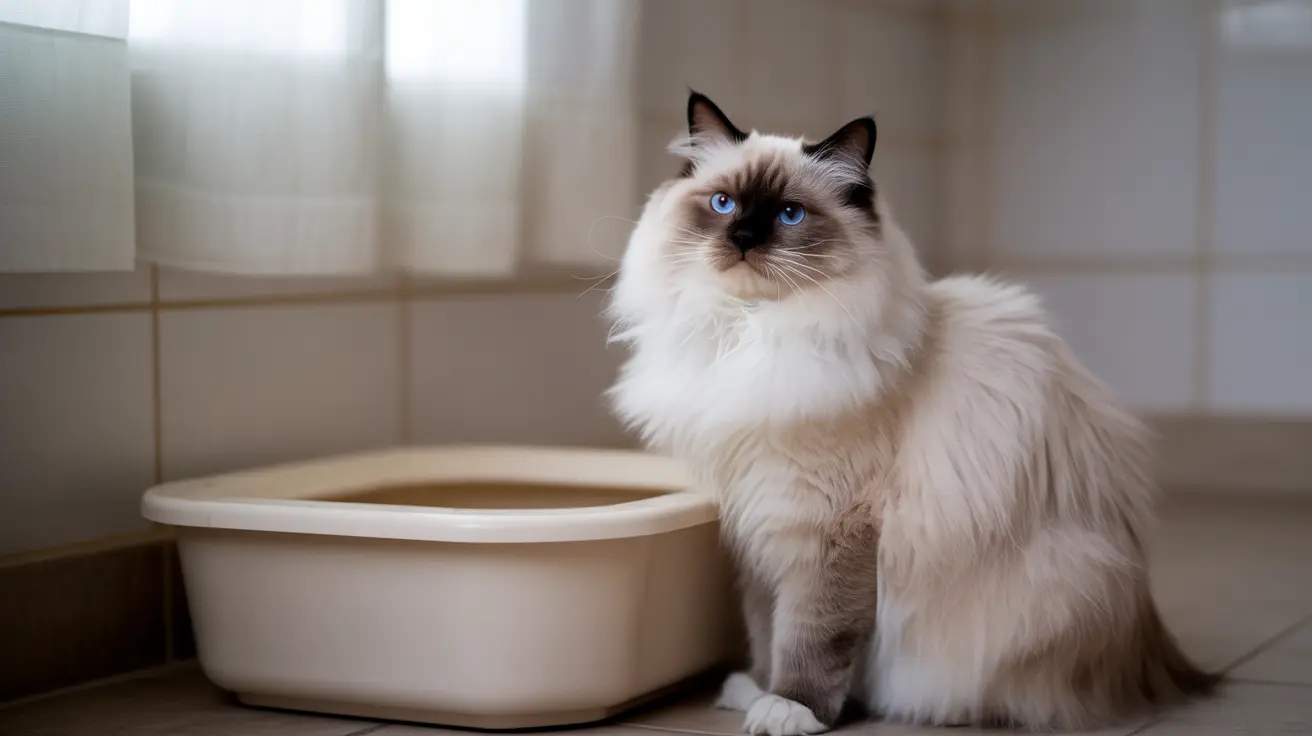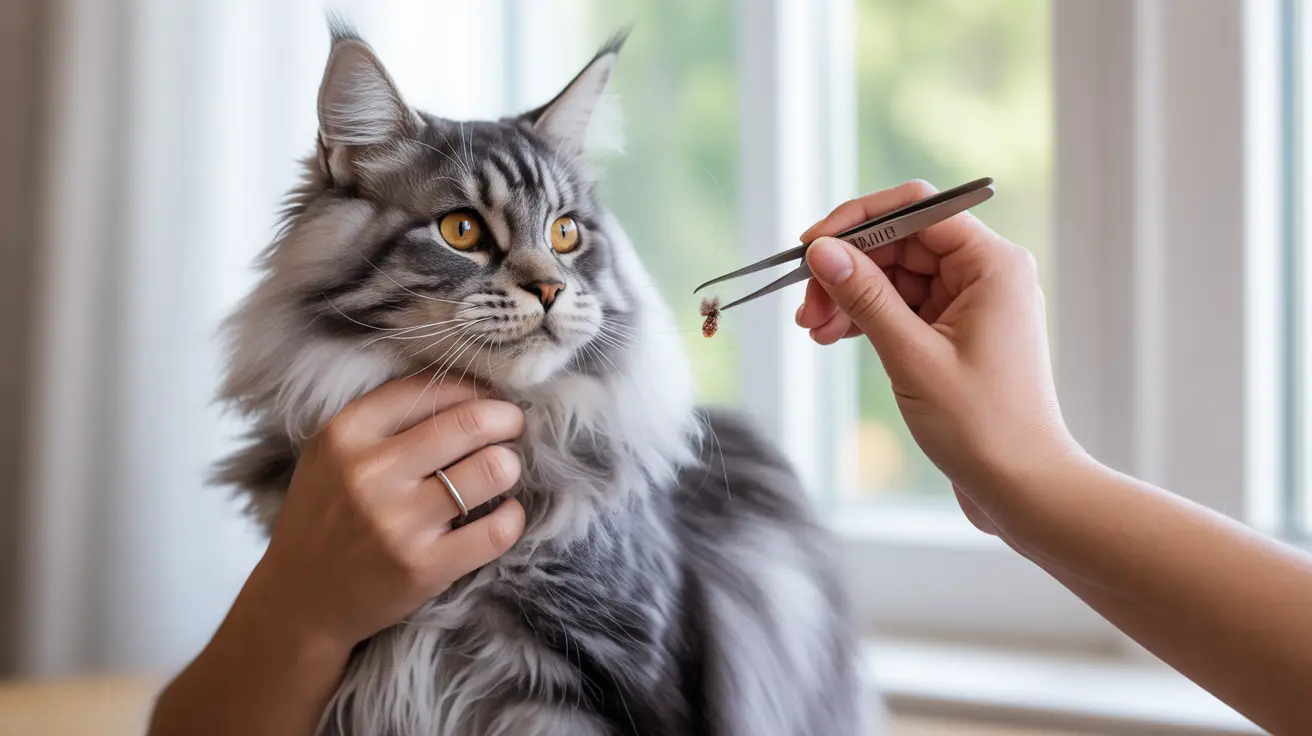When Should You Worry About a Heart Murmur in Your Cat?
A heart murmur is an abnormal sound heard during a heartbeat, typically described as a “whooshing” noise alongside the regular “lub-dub.” These murmurs are caused by turbulent blood flow in the heart or its vessels. While not all heart murmurs signify disease, knowing when to seek veterinary attention can make a difference in your cat’s health and longevity.
Types of Heart Murmurs
Veterinarians classify heart murmurs by:
- Grade: From 1 (very soft) to 6 (very loud and palpable).
- Configuration: When the murmur occurs during the heart cycle.
- Location: Where on the chest the murmur is heard the loudest.
It's important to note that a loud murmur does not always equate to severe disease; some serious heart conditions may produce quiet murmurs and vice versa.
Categories of Heart Murmurs
- Innocent or Physiologic Murmurs: Often found in kittens or stressed adult cats. These are benign, usually soft, and may resolve with age or calmness.
- Pathologic Murmurs: Result from structural issues within the heart or systemic problems such as anemia or hyperthyroidism.
Causes of Heart Murmurs in Cats
Heart murmurs may emerge due to congenital or acquired conditions:
- Congenital Heart Defects like VSD, ASD, PDA
- Hypertrophic Cardiomyopathy (HCM): Most common acquired feline heart disease
- Heart Valve Disorders: Including insufficiencies or stenosis
- High Blood Pressure (Hypertension)
- Anemia or Hyperthyroidism
- Heartworm Disease or Endocarditis
Breed Predispositions
Certain breeds are genetically more prone to heart murmurs:
- Maine Coons
- Ragdolls
- British and American Shorthairs
- Siamese Cats
Signs of Underlying Heart Disease
Signs may be subtle at first, but look out for:
- Lethargy or weakness
- Labored breathing or panting
- Loss of appetite or weight
- Fainting, collapsing, or pale/blue gums
- Hiding or reduced activity
- Sudden onset of hind limb paralysis (from blood clots)
Diagnosing the Cause of a Murmur
When a vet detects a murmur, they may recommend further diagnostic tests:
- Echocardiogram: Ultrasound to assess heart structure and function
- Chest X-rays: To detect enlarged heart or fluid
- Blood Tests: Check for anemia or thyroid issues
- Electrocardiogram (ECG): Detect heart rhythm irregularities
- Blood Pressure Measurement
Treatment and Monitoring
Treatment depends on the cause:
- Innocent murmurs: No treatment, only monitoring
- Pathologic murmurs: May require medication for heart disease, blood pressure, or thyroid control
- Surgery: Rare but possible for some congenital defects
Ongoing veterinary checkups are crucial for monitoring disease progression and adjusting care as needed.
Prognosis
The outlook varies widely. Cats with innocent murmurs can live normally, while those with severe heart disease may need lifelong management. Early detection and treatment can significantly improve survival and quality of life.
When to Worry
Be concerned if your cat shows any signs listed above or if diagnostic tests confirm heart disease. Even asymptomatic cats with murmurs need periodic evaluations to track changes over time.
In summary, while many heart murmurs are harmless, it's essential to monitor your cat closely and work with your veterinarian to ensure their heart health is managed properly.





